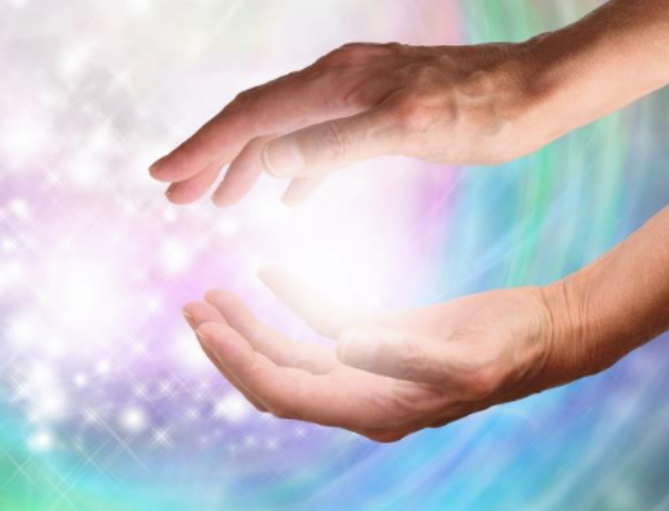In today’s fast-paced world, finding holistic methods to support our well-being has become increasingly important. One such practice gaining popularity is Reiki, an ancient Japanese technique that focuses on energy healing. In this blog post, we’ll delve into what Reiki is, how it works, who might benefit from it, and why it’s worth exploring for anyone interested in holistic health and wellness.
What is Reiki?
Reiki is a form of alternative therapy that originated in Japan in the late 19th century. The word “Reiki” is derived from two Japanese words: “rei,” which means universal, and “ki,” which means life energy or vital force. Together, Reiki can be understood as “universal life energy.” Practitioners believe that this life energy flows through all living things and that disruptions or imbalances in this energy can lead to physical, emotional, or spiritual ailments.
How Does Reiki Work?
During a Reiki session, the practitioner channels this universal life energy through their hands, either by lightly touching or holding their hands slightly above the recipient’s body. The intention is to facilitate the flow of energy, remove blockages, and promote healing on multiple levels.
Reiki is based on the concept that the practitioner acts as a conduit for the energy, which is believed to have an intelligence of its own. This energy goes where it is needed most, addressing imbalances and promoting a sense of relaxation, balance, and well-being.
Who Might Benefit from Reiki?
One of the remarkable aspects of Reiki is its versatility and non-invasiveness, making it accessible to a wide range of people. Here are some groups who might benefit from Reiki:
Those Seeking Stress Relief: Reiki sessions are known for inducing deep relaxation, reducing stress, and promoting a sense of calmness. This can be beneficial for individuals dealing with anxiety, tension, or high-stress lifestyles.
Individuals with Chronic Conditions: While Reiki is not a substitute for medical treatment, many individuals with chronic illnesses or conditions find it complements their existing therapies. It can help manage symptoms, improve energy levels, and enhance overall well-being.
Emotional and Mental Health Support: Reiki’s holistic approach addresses not only physical but also emotional and mental aspects. It can be beneficial for those dealing with depression, trauma, grief, or seeking emotional balance and clarity.
Spiritual Growth and Exploration: For individuals on a spiritual journey or seeking deeper connections with themselves and the universe, Reiki can be a profound tool. It promotes mindfulness, introspection, and a sense of interconnectedness.
Wellness Enthusiasts: Even individuals in good health can benefit from Reiki as a preventive measure. It helps maintain balance, supports the body’s natural healing processes, and enhances overall vitality.
Exploring Reiki Practice
If you’re curious about experiencing Reiki for yourself, finding a qualified Reiki practitioner is the first step. Reiki sessions typically last between 30 minutes to an hour, during which you’ll be in a comfortable and relaxed setting. The practitioner may use gentle hand placements on specific areas of your body or work in a more intuitive manner based on your needs.
Many people describe their Reiki experiences as deeply calming, rejuvenating, and transformative. It’s essential to approach Reiki with an open mind and a willingness to embrace the subtle energies at work.
In conclusion, Reiki offers a unique approach to holistic healing, addressing the interconnectedness of mind, body, and spirit. Whether you’re seeking stress relief, emotional support, or simply a deeper sense of well-being, exploring Reiki can be a rewarding journey toward greater harmony and vitality in life.


Leave a Reply
You must be logged in to post a comment.